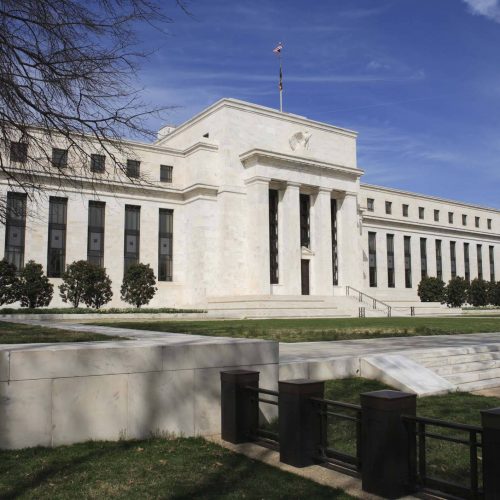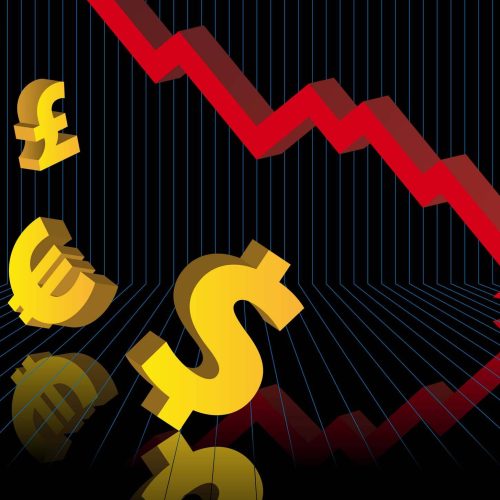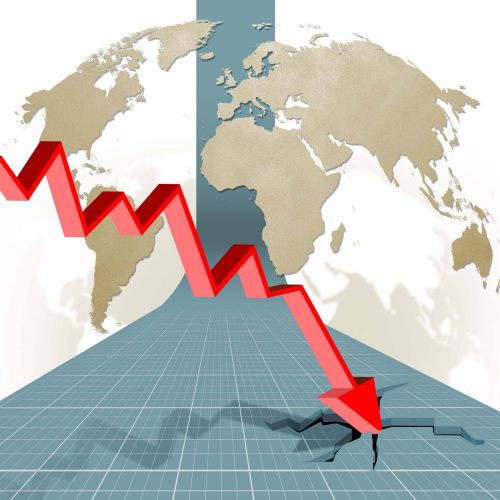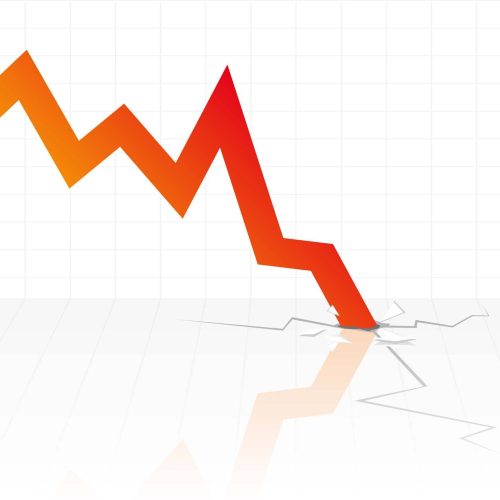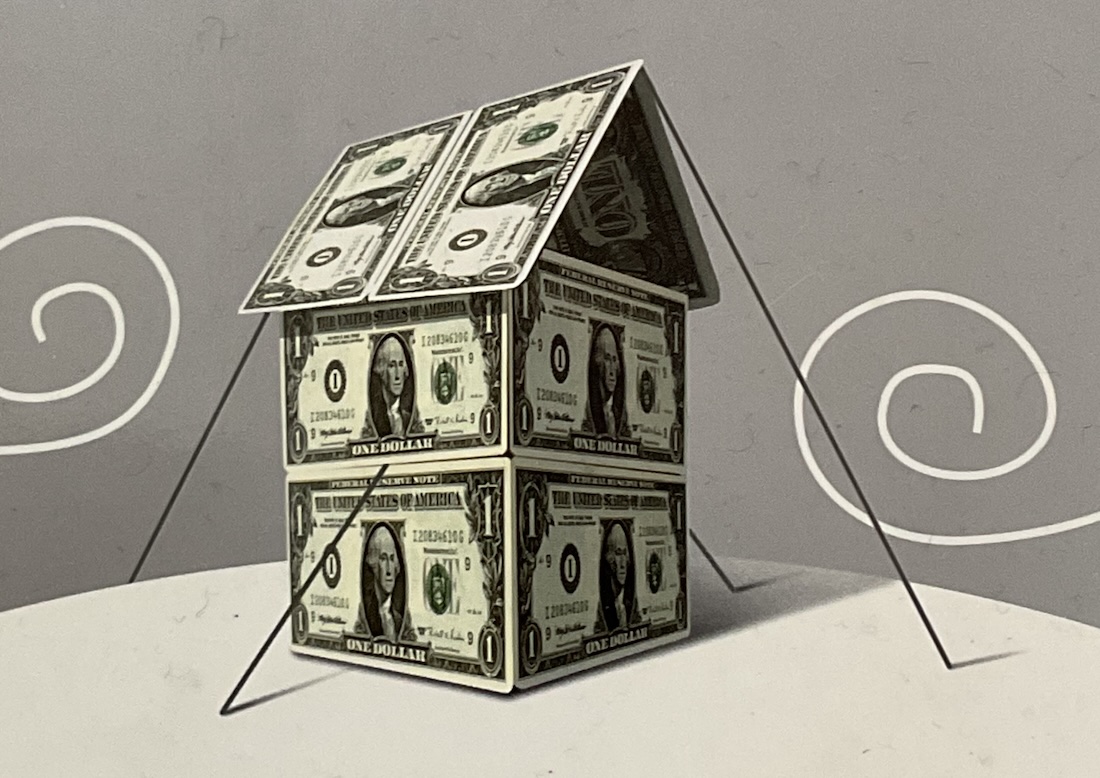Our Economic and Political Problems Look Set …
Seven years of weak credit growth in the US have brought the world to the brink of a deflationary global recession. As a result, political instability is increasing and geopolitical
Analyzing The Central Banks: Watch Free Vide…
The Central Banks have become the most powerful players in the global economy in recent years. Consequently, since its launch in 2013, Macro Watch has published a series of videos
ECB Policy: Everything You Need To Know
Do you want to understand what the European Central Bank is doing and why it is doing it? I have just uploaded two Macro Watch videos that will explain everything
Europeans, Rejoice! The ECB Is Cancelling Yo…
On March 10th, the European Central Bank (ECB) announced that it will expand its Quantitative Easing program by one-third, increasing it from €60 billion per month to €80 billion per
Are The Central Banks Out Of Ammunition?
Yesterday, the European Central Bank expanded its QE program by one-third and cut bank deposit rates deeper into negative territory. How did the markets react? Stock prices fell, while bond
Negative Interest Rates: How Did This Happen?…
Until recently, negative interest rates were considered inconceivable. Now, however, $7 trillion worth of bonds are trading at negative yields. That means the owners of those bonds are guaranteed to
Death Spiral? Make That Plural
Last week Citi made headlines by publishing a report claiming the global economy is trapped in a “Death Spiral”. The timing of the report was perfect. Financial markets were in
Negative Liquidity Will Drive Stocks Lower
Liquidity in the United States turned negative in the fourth quarter of 2015. I believe this played an important role in the severe stock market selloff that began around that
How My Career Shaped My Views On The Global E…
In the new Macro Watch video uploaded today, I describe how my 30-year career in the investment industry has shaped my views on what drives the global economy and the
Weak Credit Growth Signals Recession Ahead
Between 1952 and 2008, every time US credit growth (adjusted for inflation) fell below 2%, the United States went into recession. During that period, the ratio of total credit to


